As an infant, man is wrapped in his mother's womb; grown up, he is wrapped in custom; dead, he is wrapped in Earth
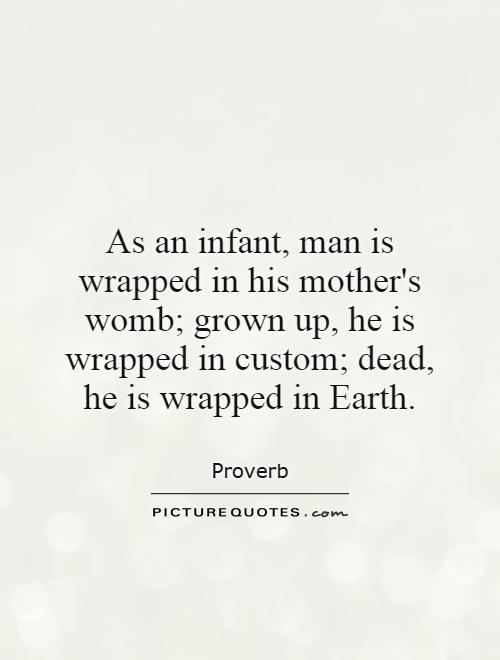
As an infant, man is wrapped in his mother's womb; grown up, he is wrapped in custom; dead, he is wrapped in Earth
The proverb "As an infant, man is wrapped in his mother's womb; grown up, he is wrapped in custom; dead, he is wrapped in Earth" speaks to the cyclical nature of life and the various stages that we go through from birth to death. It highlights the idea that we are constantly surrounded and influenced by different forces at each stage of our existence.The first part of the proverb, "As an infant, man is wrapped in his mother's womb," emphasizes the intimate connection between a mother and her child during the early stages of life. The womb is a place of safety and nourishment for the developing fetus, where it is protected and cared for by the mother. This stage represents the beginning of life, where we are completely dependent on others for our survival.
As we grow older, we become more independent and start to form our own identities. The second part of the proverb, "grown up, he is wrapped in custom," suggests that as we mature, we are shaped by the customs and traditions of our society. We are influenced by the beliefs and values of those around us, and we conform to the norms and expectations of our culture. This stage represents the process of socialization and the formation of our individual identities within the larger context of society.
Finally, the last part of the proverb, "dead, he is wrapped in Earth," reminds us of our mortality and the inevitable end of our physical existence. Death is a natural part of life, and we all return to the Earth from which we came. This stage represents the finality of our earthly existence and the cycle of life and death that we all must face.
Overall, the proverb "As an infant, man is wrapped in his mother's womb; grown up, he is wrapped in custom; dead, he is wrapped in Earth" serves as a powerful reminder of the interconnectedness of life and the various stages that we go through from birth to death. It encourages us to reflect on the different forces that shape us throughout our lives and to appreciate the beauty and complexity of the human experience.
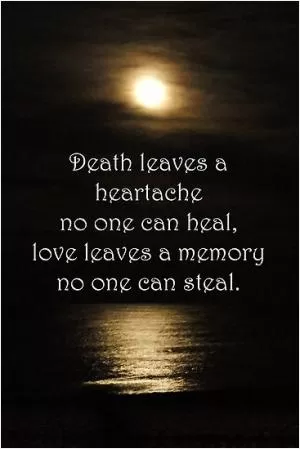

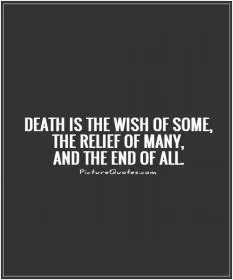


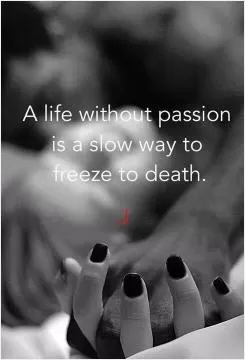
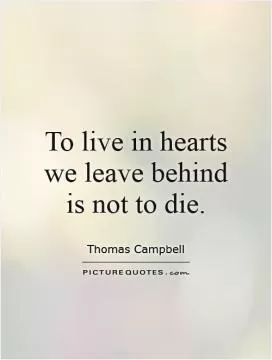
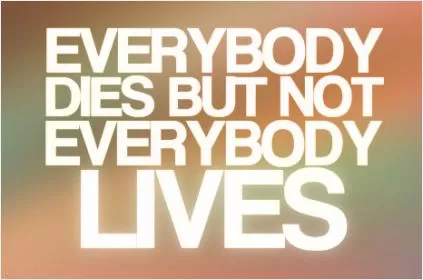



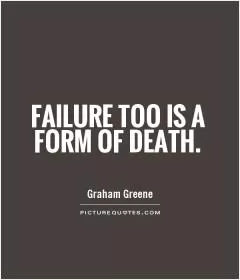
 Friendship Quotes
Friendship Quotes Love Quotes
Love Quotes Life Quotes
Life Quotes Funny Quotes
Funny Quotes Motivational Quotes
Motivational Quotes Inspirational Quotes
Inspirational Quotes